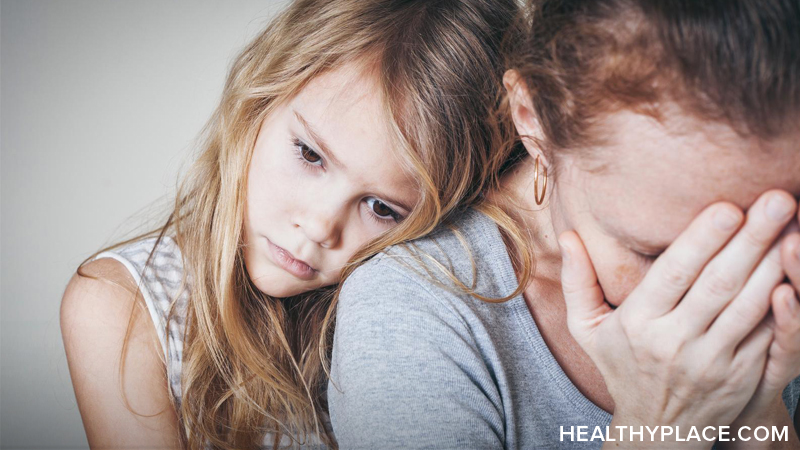Emotional and Mental Abuse in Children and Adults

Emotional and mental abuse happens to both children and adults. In both cases, mental abuse diminishes the person's self-worth. When other forms of abuse such as sexual abuse or physical abuse take place, mental abuse is almost always additionally present.
While many would argue that emotional abuse and mental abuse violates a person's rights, there are only laws against emotional abuse specifically for children. Even in cases of childhood emotional abuse, perpetrators are rarely charged as it is very difficult to prove if other types of abuse are not also present.
Definition of Emotional and Mental Abuse in Children
Children are often victims of emotional and mental abuse and neglect. According to the Administration for Children and Families, the mental abuse definition is: "a pattern of behavior that impairs a child's emotional development or sense of self-worth. This may include constant criticism, threats, or rejection, as well as withholding love, support, or guidance."1
Signs, Symptoms of Mental Abuse in Children
Mental abuse in children can result in:2
- Relationship difficulties – emotional abuse leads to a lack of trust in the parent and this follows through the rest of the relationships in life. Without a positive early relationship on which to base others, emotionally abused children may choose not to have relationships or continually get into other abusive relationships because they don't know what a non-abusive relationship is like.
- Feelings of being worthless or damaged in some way – emotionally abused children are typically told they are no good so frequently that they come to believe it. This can lead to unfulfilling adult roles as the person feels they are not worth a good education or job.
- Trouble regulating emotions – because emotionally abused children are often punished for expressing their emotions, they never learn how to express them in a reasonable, safe way. This leads to emotions coming out in unpredictable ways such as in anger, depression or anxiety.
Signs, Symptoms of Emotional and Mental Abuse in Adults
While children often physically cannot escape their abuser, many adults feel as though they cannot escape their abuser either. Mentally abusive relationships involve chipping away at a person's self-esteem to the point where they don't feel they deserve anything better than the abuse and they feel that without the abuser, they have nothing.
Signs of mental abuse in relationships take many forms. Mental abuse symptoms can revolve around:3
- Dominance – the abuser needs to feel in charge of the relationship
- Humiliation – the abuser puts their partner down by embarrassing them
- Isolation – the abuser segregates their partner from others in order to increase dependence
- Threats – the abuser makes threats to make their partner feel unsafe
- Intimidation – the abuser indicates that if you do not obey, there will be dire consequences
- Denial and blame – the abuser denies the abuse and blames their partner for "making" them do it
Mentally abusive relationships can be of any type and involve either gender.
APA Reference
Tracy, N.
(2021, December 17). Emotional and Mental Abuse in Children and Adults, HealthyPlace. Retrieved
on 2026, March 4 from https://www.healthyplace.com/abuse/emotional-psychological-abuse/emotional-and-mental-abuse-in-children-and-adults


